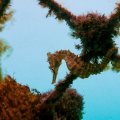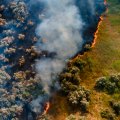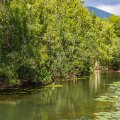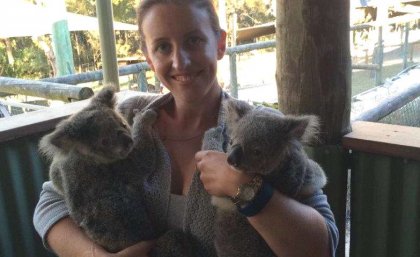.jpg?itok=YPH_X4QC)
University of Queensland research into the chilled storage of koala semen has major implications for the assisted breeding and genetic diversity of captive and wild populations.
UQ School of Agriculture and Food Sciences PhD student Bridie Schultz said her research proved it was possible to store viable koala sperm at 5°C for up to 45 days after collection.
“Being able to store semen longer will benefit many important koala management projects, such as disease detection, national and international transportation, and overcoming the need to synchronise semen collection to the onset of female koalas being in heat,” she said.
“This length of chilled storage substantially exceeds the capacity of any other known mammalian sperm to survive outside the body without cryopreservation (freezing).
“It has only been done in two fish species – rainbow trout and halibut.”
Ms Schultz said the inability to freeze koala sperm had limited the potential for using assisted breeding technologies in koala populations.
“Previous studies have successfully produced koala pouch young after inseminating female koalas with a chilled semen sample held for 72 hours,” she said.
“However, the ideal would be to extend chilled preservation to 33 days – the average time of an oestrous cycle in the koala – the maximum period we would need to wait for any koala to come into sexual receptivity in order to inseminate.
Ms Schultz said the ability to extend koala sperm viability also applied to another aspect of her research – recovering sperm from dead or diseased male koalas.
“More than 2000 male koalas are killed each year by cars, dogs, disease and loss of habitat, and obviously once they die they can’t contribute to the genetic diversity of their population via procreation,” she said.
“Sperm recovered from the testicles of dead koalas is of a high enough quality for artificially inseminating females, and can be rigorously tested prior to insemination to ensure no transmittable diseases such as chlamydia are passed.
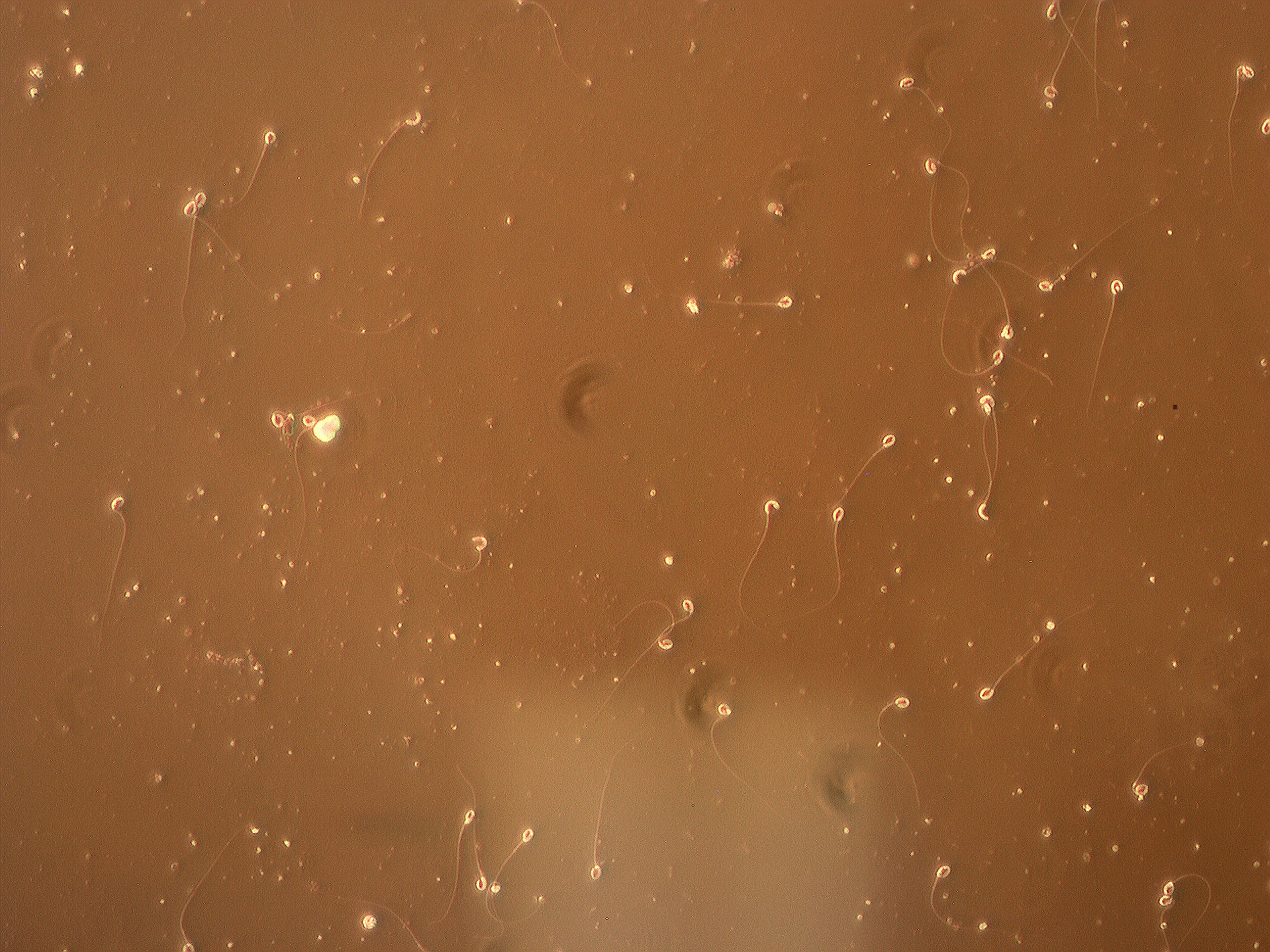 Ms Schultz said the genetic transfer of koala semen into unrelated females would help create a living genome resource bank for koala conservation, instead of a frozen genome resource bank as used in other species.
Ms Schultz said the genetic transfer of koala semen into unrelated females would help create a living genome resource bank for koala conservation, instead of a frozen genome resource bank as used in other species.
“An advance in koala assisted-breeding technologies will help maintain genetic diversity within threatened koala populations,” she said.
The project is funded by the Dreamworld Wildlife Foundation and Ms Schultz is supervised by Associate Professor Steve Johnston of UQ’s School of Agriculture and Food Sciences and UQ School of Veterinary Science Deputy Head Associate Professor Jennifer Seddon.
Media: Bridie Schultz, bridie.schultz@gmail.com, 0423 494 983.
.jpg)
